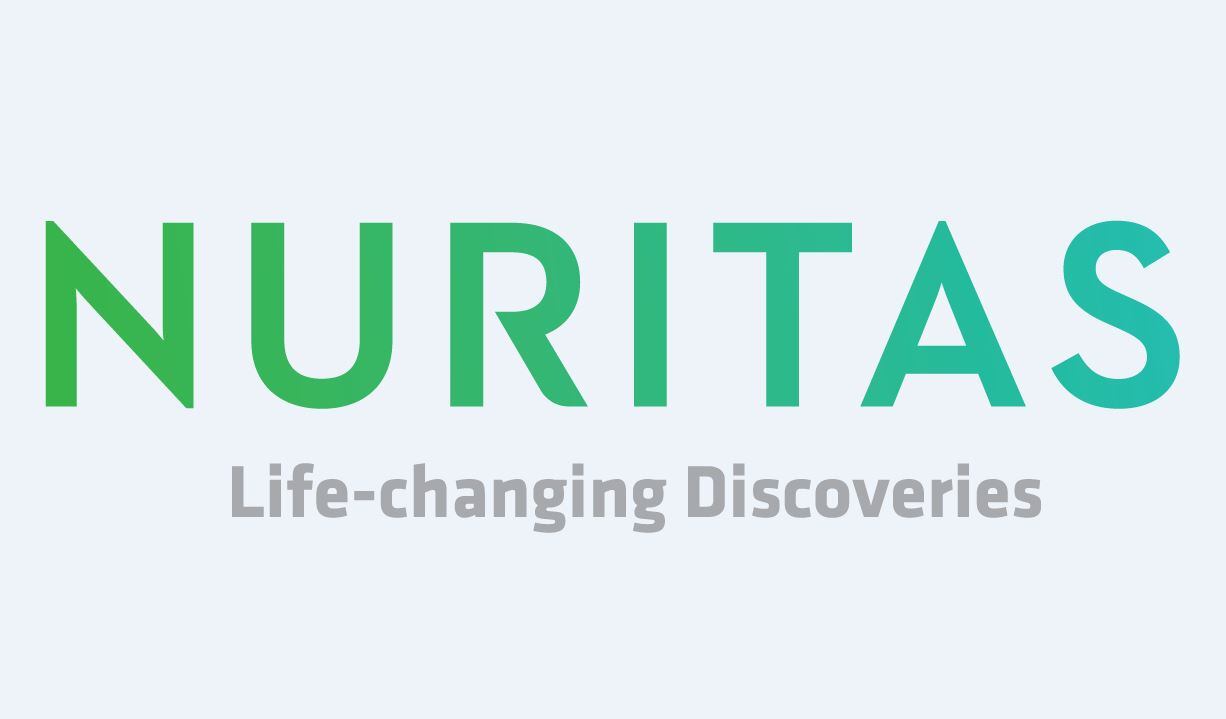The collaboration will harness a natural peptide network that may redress imbalances in muscle metabolism as it enters the clinical trial phase, in cooperation with the University’s professor Luc van Loon, this year.
“This is an area of huge unmet medical need as there are no nutritional interventions that can preserve muscle mass and strength,” said van Loon, a professor of physiology of exercise and nutrition at Maastricht University’s medical centre.
“With our ageing society, addressing muscle loss is of key importance to support healthy ageing.”
AI assistance

The peptide network is the result of an integrative Artificial Intelligence (AI) approach used in 2018, which also includes in-silico predictions validated by Nuritas’ in-house laboratory and team of scientists.
The same technology is responsible for the discovery of bioactive peptides such as PeptAIde, an ingredient that was the culmination of a partnership between Nuritas and BASF formed back in January 2017.
The mixture of artificial intelligence, deep learning, nutrition and personalised nutrition piqued the interest of food giants Nestle, which in February teamed up with the Ireland-based firm in a discovery of bioactive peptide compounds from food sources.
“Our technology searches through billions of molecules of food to find bioactive peptides” said Heidi Davis, laboratory scientist at Nuritas.
“The technology allows us to unlock these molecules so that we can create a natural peptide network to maintain the balance between protein synthesis and degradation in muscle.
“In our lab, we assess biomarkers that are both involved in protein synthesis and protein loss in muscle.”
“For example, we can look at the phorsphylation state of S6 downstream of the insulin pathway that leads to protein synthesis.”
Age-related muscle loss
A recent study serves to highlight the extent of the issue as British researchers found the age‐related loss of muscle mass is linked to the loss of innervating motor neurons and denervation of muscle fibres.
The paper also pointed out that healthy older men reinnervate large numbers of muscle fibres to compensate for declining motor neuron numbers, but a failure to do so contributes to muscle loss in sarcopenic men.
“We realised that muscle atrophy was a multi-faceted problem. Many approaches were going after one target – to reduce atrophy,” explained Dr Nora Khaldi, founder and CSO of Nuritas.
“We decided to create a peptide network that could target that multifaceted angle for muscle atrophy.
“After about a year’s work in this area we identified a peptide network that could significantly reduce muscle atrophy.
“We tested it in-vitro initially and then in-vivo which yielded some significant results. This is now entering the clinical phase with Professor van Loon, where we will specifically look at atrophy-induced immobilisation.
‘Strategy to support healthy ageing’
The research team added that if certain bioactive peptides could be defined that have a capacity to inhibit proteolysis or stimulate protein synthesis, those peptides might be used to play a role in preservation of muscle mass.
“The success of this project will be the successful preservation of muscle mass during a short-term immobilisation period or an enhancement of muscle mass during a recover phase following immobilisation,” said Dr Andrew Holwerda, postdoctoral researcher at Maastricht University.
“If we can find effective nutritional interventions to preserve muscle mass during immobilisation or other conditions for its use, we will have a strategy to support healthy ageing for those people who want to maintain muscle mass, improve metabolic health and remain active in life,” added Dr van Loon.




